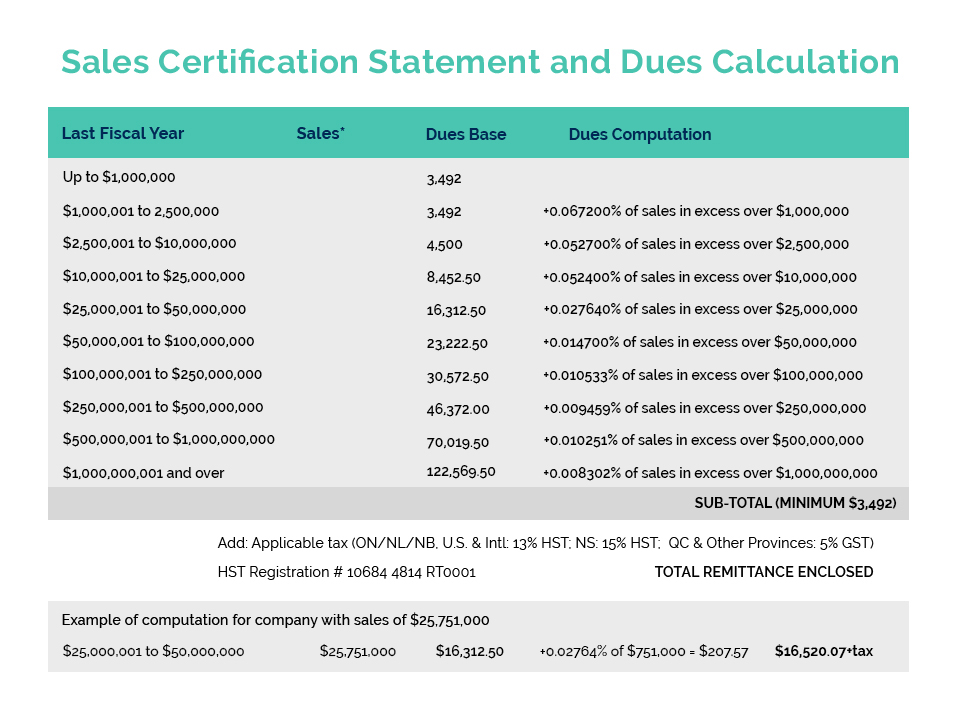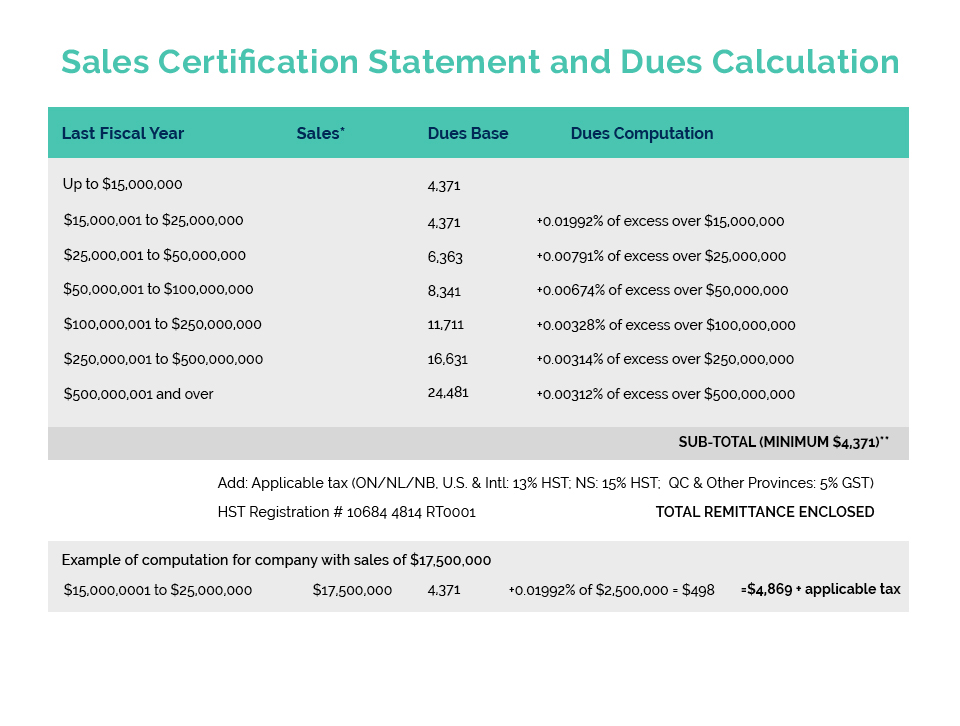The Final Screening Assessment Report (FSAR) on talc under the Canadian Environmental Protection Act, 1999 (CEPA) was published today and begins a 60-day comment period.
Cosmetics Alliance disagrees with the conclusion in the final assessment as it is not supported by the 40+ years of scientific evidence and ignores important new safety data that was provided to Health Canada during the assessment process.
The conclusion that perineal talc use may lead to an increased risk of ovarian cancer is not supported as:
- it disregards a multitude of prospective cohort studies covering over 250,000 women followed over 40 years including the 2020 analysis which found no such link, published in the Journal of the American Medical Association (JAMA); and
- it fails to explain how this association is plausible in the absence of a viable biological mechanism to account for exposure in the ovaries following typical product use.
Further, the inhalation risk association with the use of talc in topical products ignores the more than 4 decades of in-market safety evidence.
Several of the key scientific references that we believe the assessment does not adequately consider include:
- JAMA 2020 (O’Brian et al., 2020). Association of powder use in the genital area with risk of ovarian cancer. https://jamanetwork.com/journals/jama/article-abstract/2758452
- Goodman et al., 2020. A critical review of talc and ovarian cancer.
https://www.tandfonline.com/doi/pdf/10.1080/10937404.2020.1755402?needAccess=true - Cosmetic Ingredient Review (CIR): Safety Assessment of Talc as Used in Cosmetics – PubMed (nih.gov)
Additionally, we note that the U.S. National Cancer Institute’s Physician Data Query Editorial Board found no clear evidence associating perineal talc use with an increased risk of ovarian cancer. https://www.cancer.gov/types/ovarian/patient/ovarian-prevention-pdq#section/_11
While we are still reviewing the assessment in detail, we do not believe that it captures the full weight or strength of the scientific evidence. We will therefore be engaging with officials to express our concerns. We will also be considering next steps in the CEPA process which could include the request for the appointment of an independent Board of Review.
Cosmetics Alliance believes that Canadian’s are best served when scientific disputes are fully considered by an independent expert panel as provided for under Canada’s world-leading environmental protection act (CEPA).
Contact: Susan Nieuwhof, 647-980-5161, snieuwhof@cosmeticsalliance.ca







